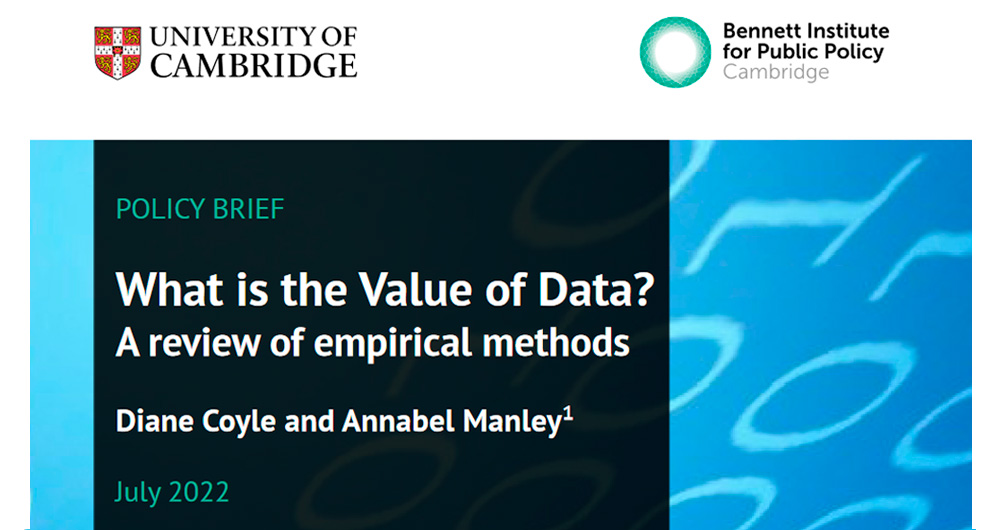15 posts found
DCAT-AP-ES: A step forward in open data interoperability
Context and need for an update
Data is a key resource in the digital transformation of public administrations. Ensuring its access, interoperability and reuse is fundamental to improve transparency, foster innovation and enable the development of efficient public services centered on citizens.
In th…
HealthDCAT-AP: The Standard That Connects Health Data to People
Data is the engine of innovation, and its transformative potential is reflected in all areas, especially in health. From faster diagnoses to personalized treatments to more effective public policies, the intelligent use of health information has the power to change lives in profound and meaningful w…
What data governance should look like in open source AI models
Open source artificial intelligence (AI) is an opportunity to democratise innovation and avoid the concentration of power in the technology industry. However, their development is highly dependent on the availability of high quality datasets and the implementation of robust data governance framework…
Data Sandboxes: Exploring the potential of open data in a secure environment
Data sandboxes are tools that provide us with environments to test new data-related practices and technologies, making them powerful instruments for managing and using data securely and effectively. These spaces are very useful in determining whether and under what conditions it is feasibl…
Private company data sharing initiatives: success stories
In today's digital age, data sharing and opendatahave emerged as key pillars for innovation, transparency and economic development. A number of companies and organisations around the world are adopting these approaches to foster open access to information and enhance data-driven decision making. Bel…
Global principles of AI journalism
General ethical frameworks
The absence of a common, unified, ethical framework for the use of artificial intelligence in the world is only apparent and, in a sense, a myth. There are a multitude of supranational charters, manuals and sets of standards that set out principles of ethical use, although…
Artificial intelligence to improve interoperability in the European public sector
The European Union has placed the digital transformation of the public sector at the heart of its policy agenda. Through various initiatives under the Digital Decade policy programme, the EU aims to boost the efficiency of public services and provide a better experience for citizens.…
Data intermediaries and their role in the Data Governance Act
Data is a key part of Europe''s digital economy. This is recognised in the Data Strategy, which aims to create a single market that allows free movement of data in order to foster digital transformation and technological innovation. However, achieving this goal involves overcoming a number of obstac…
A common language to enable interoperability between open dataset catalogs
Open data plays a relevant role in technological development for many reasons. For example, it is a fundamental component in informed decision making, in process evaluation or even in driving technological innovation. Provided they are of the highest quality, up-to-date and ethically sound, data can…
Quantifying the value of data
There is a recurring question that has been around since the beginning of the open data movement, and as efforts and investments in data collection and publication have increased, it has resonated more and more strongly: What is the value of a dataset?
This is an extremely difficult question to answ…









